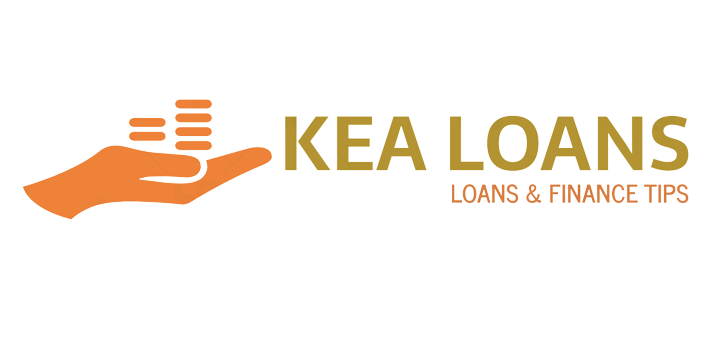
Money is a topic that most people don’t like to discuss, especially when it comes to debts. However, in the Bible, there are plenty of teachings about how we should manage our finances and handle debt. Understanding God’s perspective on money management can help us make sound financial decisions and enjoy true financial freedom. In this blog post, we’ll explore some of the key biblical principles regarding debt and money management. So grab your coffee or tea as we delve into an insightful discussion about Debt and The Bible!
Introduction
God’s perspective on money management can be found in His Word, the Bible. In the Bible, God gives us principles on how to handle money and debt. He also tells us what our attitudes should be towards money.
The first thing we need to understand is that God is the owner of everything (Psalm 24:1). We are stewards of His resources, and we are accountable to Him for how we use them. This means that we need to be good stewards of our money and not squander it on things that are not important.
Secondly, the Bible tells us that we are to work hard and be diligent in our financial dealings (Proverbs 22:29). This includes being responsible with our credit and not incurring debt that we cannot repay. We are also to avoid coveting, which can lead to financial problems (Exodus 20:17).
Thirdly, we need to have the right attitude towards money. The love of money is the root of all kinds of evil (1 Timothy 6:10). We should not put our trust in riches (Proverbs 11:28), but instead trust in God who provides for our needs (Philippians 4:19).
If we follow these principles from the Bible, we can be assured that God will bless us financially. He knows what we need and will provide for us if we trust Him.
How The Bible Views Debt
The Bible has a lot to say about debt and how it can impact our lives. While some may view debt as a necessary evil, the Bible paints a different picture. In Scripture, we see that debt can be a major source of financial stress and burden. It can also lead to personal and spiritual problems.
The Bible offers some clear principles on how to deal with money and debt. First, we are told to avoid borrowing money whenever possible (Proverbs 22:7). Second, we are instructed to pay back our debts promptly (Romans 13:8). Third, we are warned against using credit cards or loans to purchase items we cannot afford (Proverbs 21:20). Finally, the Bible teaches us that it is better to give than to receive (Acts 20:35).
When it comes to debt, the best advice is to avoid it if at all possible. However, if you find yourself in debt, the Bible offers some clear guidance on how to handle it. By following these biblical principles, you can take steps to get out of debt and live a financially healthy life.
Biblical Money Management Principles
When it comes to money management, the Bible has a lot to say. Here are some key principles to keep in mind when it comes to your finances:
- You should always give generously.
- You should avoid debt whenever possible.
- You should be good stewards of your resources.
- You should live within your means.
- You should save for the future.
Dealing with Difficult Debt Situations
When it comes to debt, there is no one-size-fits-all solution. Each situation is unique and requires a different approach. Here are some tips for dealing with difficult debt situations:
- Prioritize your debts. If you have multiple debts, prioritize them in order of importance. Make sure to pay your priority debts first, such as mortgage payments or child support.
- Negotiate with your creditors. If you’re having trouble making payments, reach out to your creditors and try to negotiate a payment plan that works for both parties.
- Seek professional help. If you’re struggling to get out of debt, seek professional help from a financial advisor or credit counselor. They can help you develop a plan to get out of debt and offer support along the way
Strategies for Paying Off Debt
The Bible has a lot to say about money and debt, and it offers some clear strategies for managing both. Here are four biblical strategies for paying off debt:
- Prioritize your debts.
Some debts are more important than others, and the Bible tells us to prioritize them accordingly. For example, we should pay our taxes first, followed by our debts to others. Only after these debts are paid should we consider using any remaining money to pay off our own debt.
- Seek help from others.
If we’re struggling to pay off our debts, the Bible tells us to seek help from others. This could mean asking family or friends for financial assistance, or working out a payment plan with creditors. Whatever the case may be, we should never be too proud to ask for help when we’re in over our heads.
- Be content with what you have.
One of the best ways to avoid getting into debt in the first place is to be content with what you have. The Bible tells us that greed is a sin, and that we should be thankful for the blessings God has already given us instead of always wanting more. If we can learn to be content with what we have, we’ll be less likely to rack up debt trying to keep up with the Joneses.
- Use your resources wisely.
Finally, the Bible tells us to use our resources wisely. This means being mindful of how
Conclusion
All in all, the Bible provides sound guidance for how we should handle debt and money management. We should strive to live within our means, be mindful of how much credit we take on, and practice generosity so that we can support those who are less fortunate than us. By following God’s guidelines in this area, we can learn what it really means to steward our finances well and ultimately bring glory to Him.

